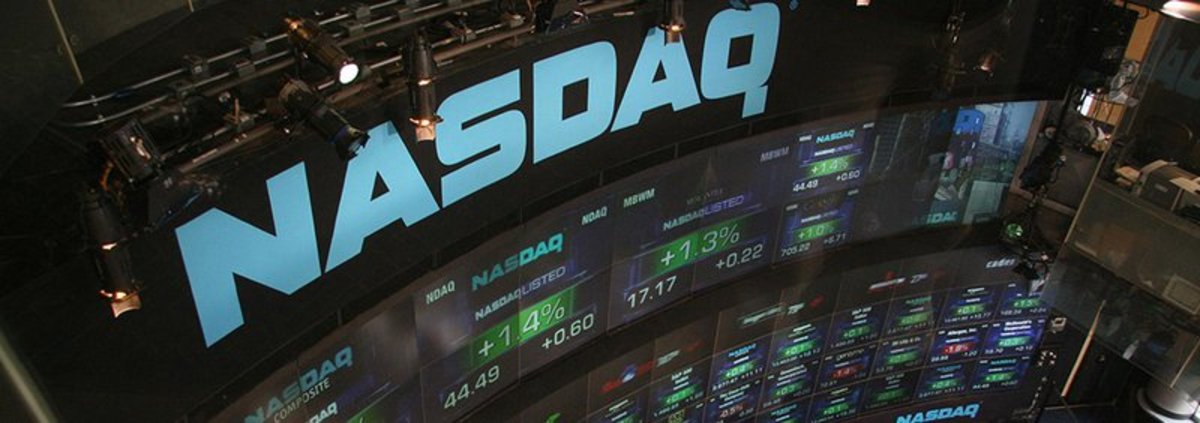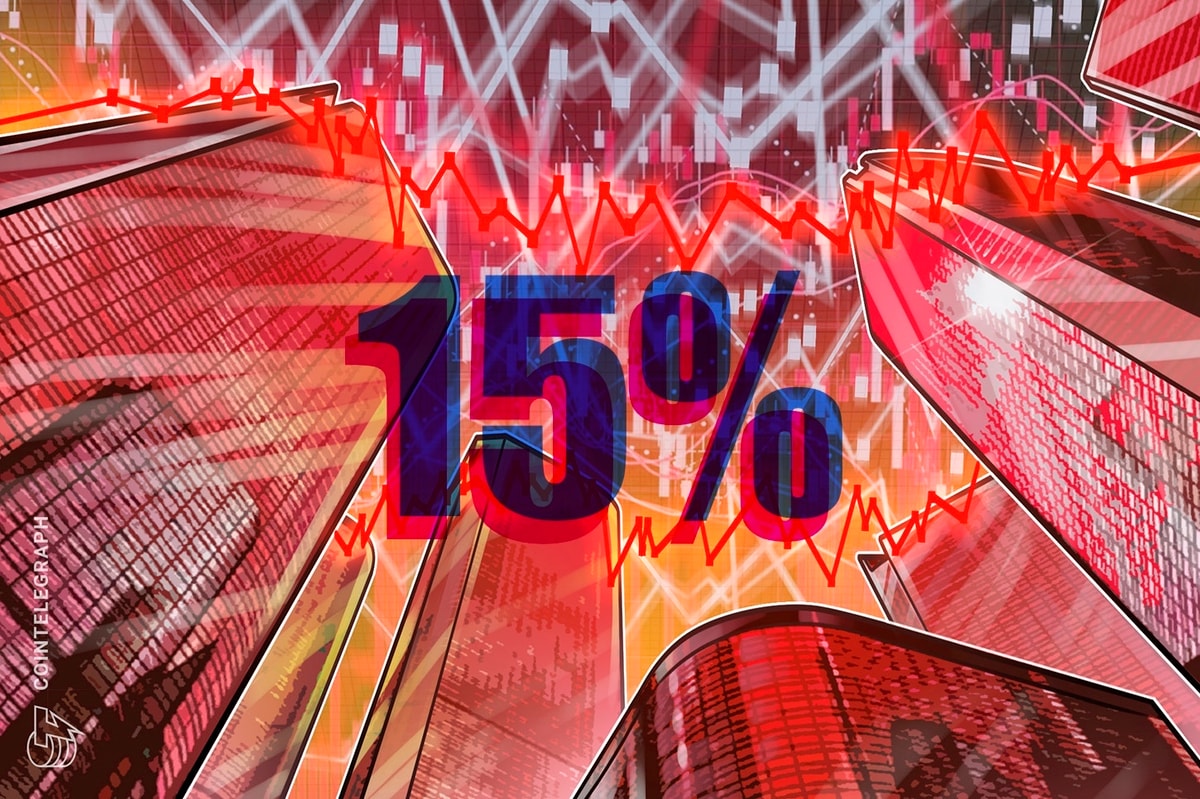
On May 11, the leading stock exchange Nasdaq announced that it would begin experimenting with the blockchain technology that powers Bitcoin. The Wall Street Journalreported that Nasdaq will start with a pilot project in Nasdaq Private Market, a recently launched marketplace that handles pre-IPO trading among private companies.
“Utilizing the blockchain is a natural digital evolution for managing physical securities,” said Nasdaq CEO Bob Greifeld in the announcement. Speaking with The Financial Times, Greifeld noted that he wants Nasdaq to be “a leader in the field.” He added that the network could potentially revolutionize the time it takes to finalize deals on U.S. securities markets.
“I am a big believer in the ability of blockchain technology to effect fundamental change in the infrastructure of the financial services industry,” said Greifeld. “Clearinghouses are a wonderful invention, but if you have a public ledger that is trusted, you can evolve back to a bilateral (trading) world but proceed with instantaneous settlement. We currently settle at T+3 [within 3 days]. Why not settle in 5-10 minutes?”
The Financial Timesnotes that shortening settlement times for trading could reduce the risk that counterparties would not be paid, while also cutting the amount of collateral, or insurance, used to back trades. For the Nasdaq Private Market, using the blockchain means transforming the recording of transactions from paper certificates and spreadsheets to an audited record of the lineage of ownership of private securities.
The Financial Times’ article includes a video with explanations about Bitcoin and the blockchain. The video notes that everyone from banks to stock exchanges and Silicon Valley technologists are starting to make bets on Bitcoin companies.
David Birch, Director of Consult Hyperion, a specialist electronic transactions consulting firm that advises governments and large companies on electronic identity and electronic money, believes that the real value of Bitcoin is independent of the highly volatile exchange rate of the bitcoin currency.
“I think when you see people investing in Bitcoin, it sounds like they are investing in the currency,” Birch says in The Financial Times video. “But I think you’ll find they are not really. The institutional money that is going in, is going into the underlying technology, not the payment instrument itself. So, investing in Bitcoin doesn’t really mean investing in bitcoin. It means investing in what they call the blockchain technology, which is the new technology that sits underneath Bitcoin.”
Birch acknowledges the importance of bitcoin price as a means to incentivize end-users to participate in keeping the Bitcoin blockchain going, but he is persuaded that “in the long run, that is unsustainable.” He notes that the Bitcoin blockchain is not the only blockchain, but there are other blockchains and other ways of incentivizing people to maintain blockchains.
It appears that Birch agrees with the growing persuasion, in the financial and regulatory sectors, that the promising blockchain technology will eventually have to be adapted to non-Bitcoin blockchains with different features, more appealing to the financial mainstream. In a recent research paper titled “One Bank Research Agenda,” the Bank of England called for further research to devise a system that could use distributed ledger technology without compromising a central bank’s ability to control its currency.
Nasdaq isn’t planning to develop an alternative blockchain. Rather, it plans to leverage the colored coin protocol Open Assets, which works on the original Bitcoin blockchain.
Photo bifshadow / Flickr










